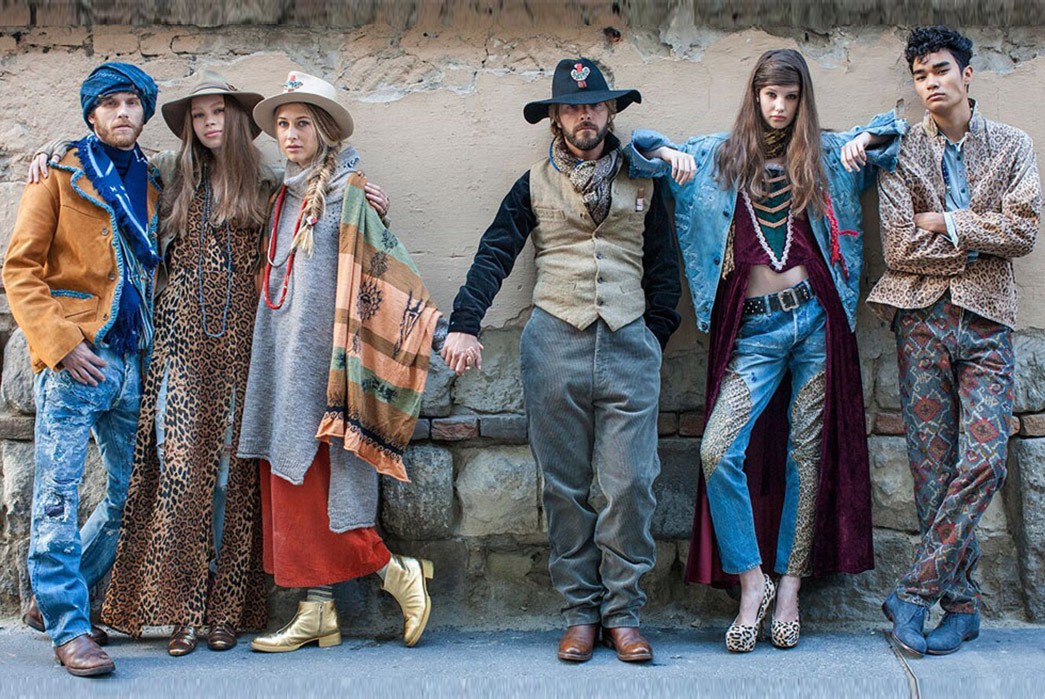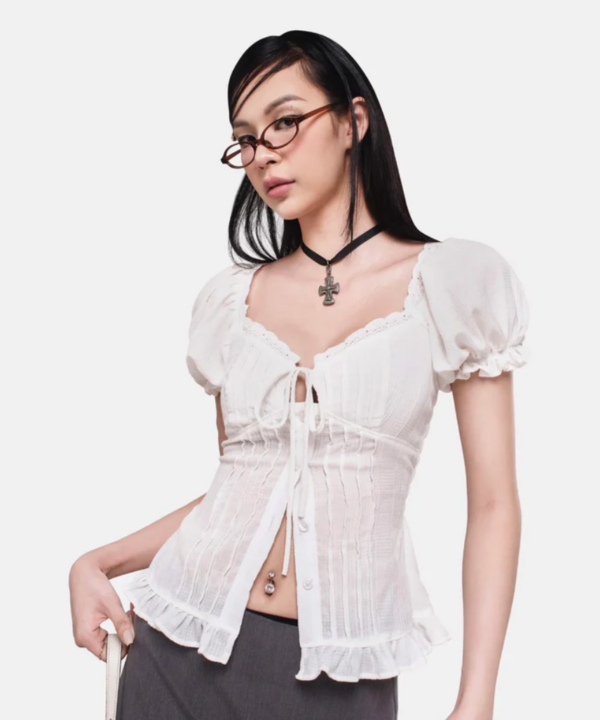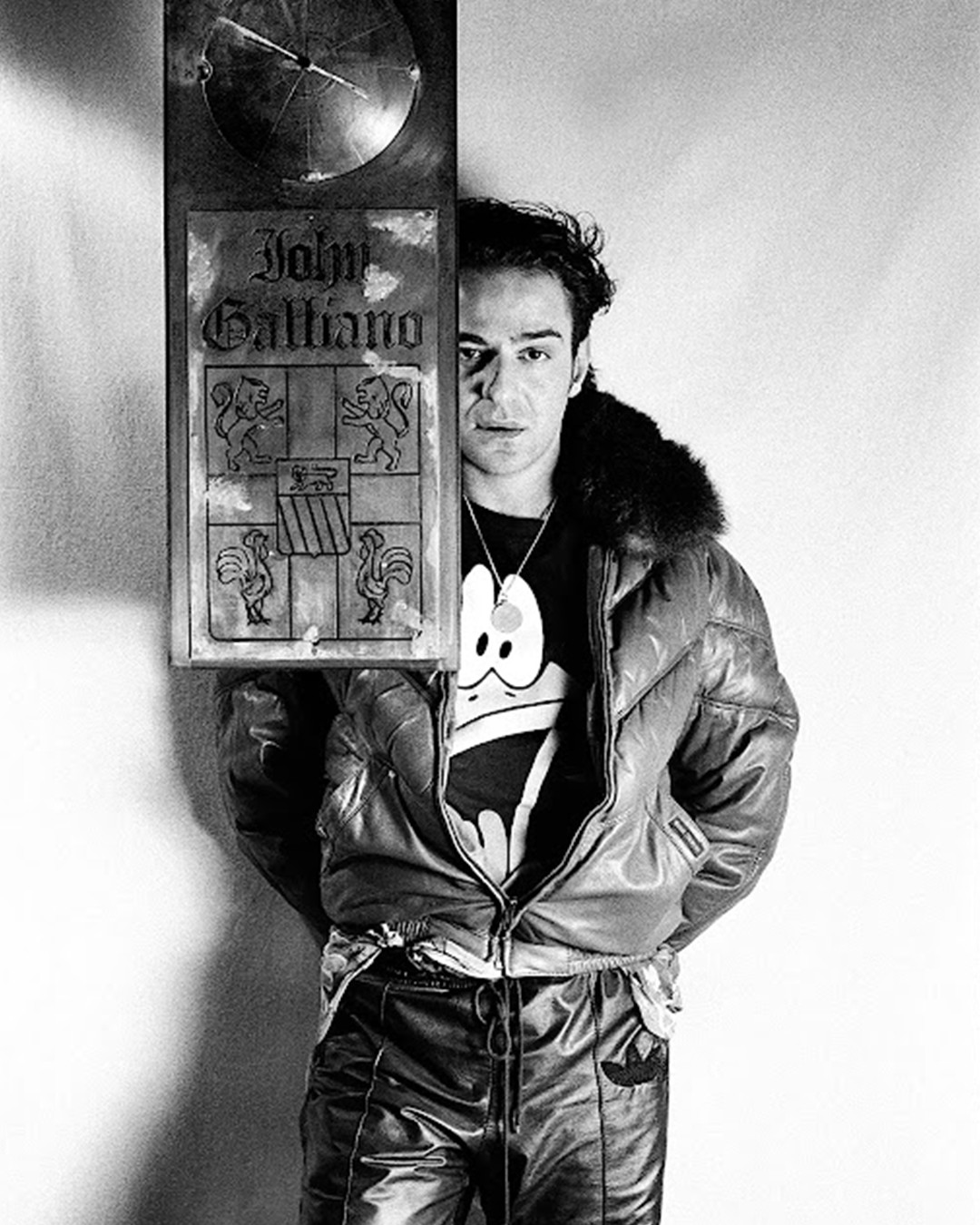Kapital, one of the most beloved Japanese fashion brands, once soared to global fame thanks to appearances in music videos by world-renowned rappers. When Kapital is mentioned, a few key phrases come to mind: boro (a traditional Japanese patchwork technique), indigo dyeing (the iconic deep blue hue tied to Japan’s heritage), the Smile Icon, and, of course, its signature skeleton graphics.
Like many famous Japanese fashion brands, Kapital began as an independent label with a unique aesthetic vision, emphasizing craftsmanship in every piece. Japanese brands are renowned for carving out distinct styles through intricate details, innovative techniques, and unconventional market approaches. They shun the fast-paced trends of mainstream fashion, instead embracing a slow, immersive, and understated evolution.

Japan’s post-WWII history is deeply intertwined with its approach to quality and innovation. As a country rebuilding from the ashes of defeat, inspiration was often drawn from external civilizations. Sony’s president famously set a tone for all industries: Japan must become synonymous with quality. Industry leaders like Sony and Toyota set the standard, cultivating a national pride that prioritized excellence—a philosophy that extended into fashion. This dedication explains the premium pricing of Japanese brands; their self-respect wouldn’t allow for anything less. From this foundation of quality, Japanese designers began integrating cultural values, from traditional to contemporary, into their work, capturing the world’s imagination. At its economic peak, Japan’s GDP rivaled the West, second only to the United States.
Kapital exemplifies the modern legacy of Japanese brands that command loyalty from a selective audience. Once customers are won over, their dedication is unwavering. However, this exclusivity has a double edge. While it secures a devoted following, it can also leave brands struggling to adapt to today’s fast-paced environment, where enduring values often take a back seat to flashy logos. Kapital’s “indirect” acquisition by LVMH underscores the conglomerate’s financial prowess and its ongoing pursuit of standout independent brands to bolster its portfolio. With names like Our Legacy, Aimé Leon Dore, and Gabriela Hearst under its umbrella, LVMH’s business acumen is undeniable, driven by market insight and strategic investments.

For clarity, these acquisitions typically occur through intermediary strategies. For instance, a private equity firm like L Catterton invests in independent brands, and LVMH subsequently acquires a majority stake in that firm. In Kapital’s case, this mechanism effectively brings the brand under LVMH’s domain.
The implications are significant. With access to abundant capital (despite reports of revenue dips, these are relative to projections rather than losses), combined with LVMH’s unparalleled expertise in luxury branding, independent brands gain immense growth potential. Yet, concerns linger. Historical precedents, such as Number (N)ine’s trajectory, highlight the challenges. Within a rigid corporate framework focused on tried-and-true strategies, including aggressive celebrity-driven marketing, will Japanese brands like Kapital retain their unique essence? The cautionary tales of Ader Error and Off-White, once LVMH acquisitions, now seem distant from their original spirit.
Questions abound. Can Kapital’s “slow” production process, rooted in meticulous craftsmanship, align with the demands of a multinational conglomerate? Will quality be compromised to accelerate production, or will prices inflate to cover expansive marketing campaigns or DTC investments? Only insiders know. What’s certain is that with increased capital comes immense pressure to innovate relentlessly. And sometimes, in the rush to keep up, the magic of “slow” may be lost.











 12/03/2024
12/03/2024 Share
Share


